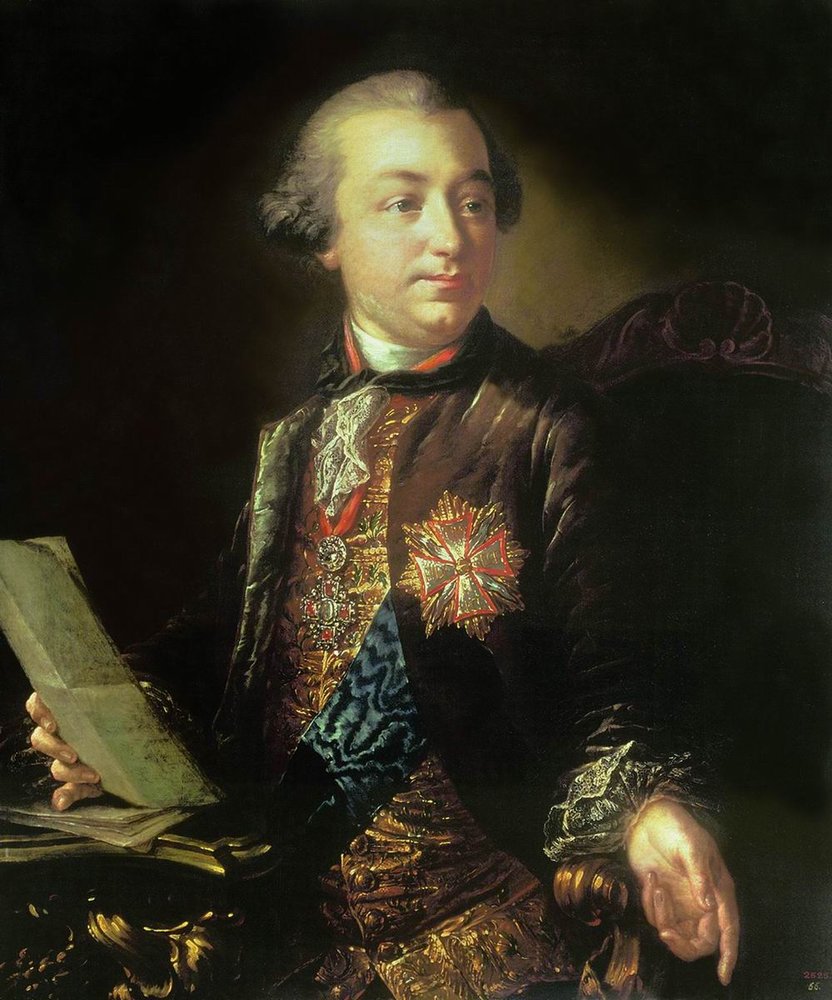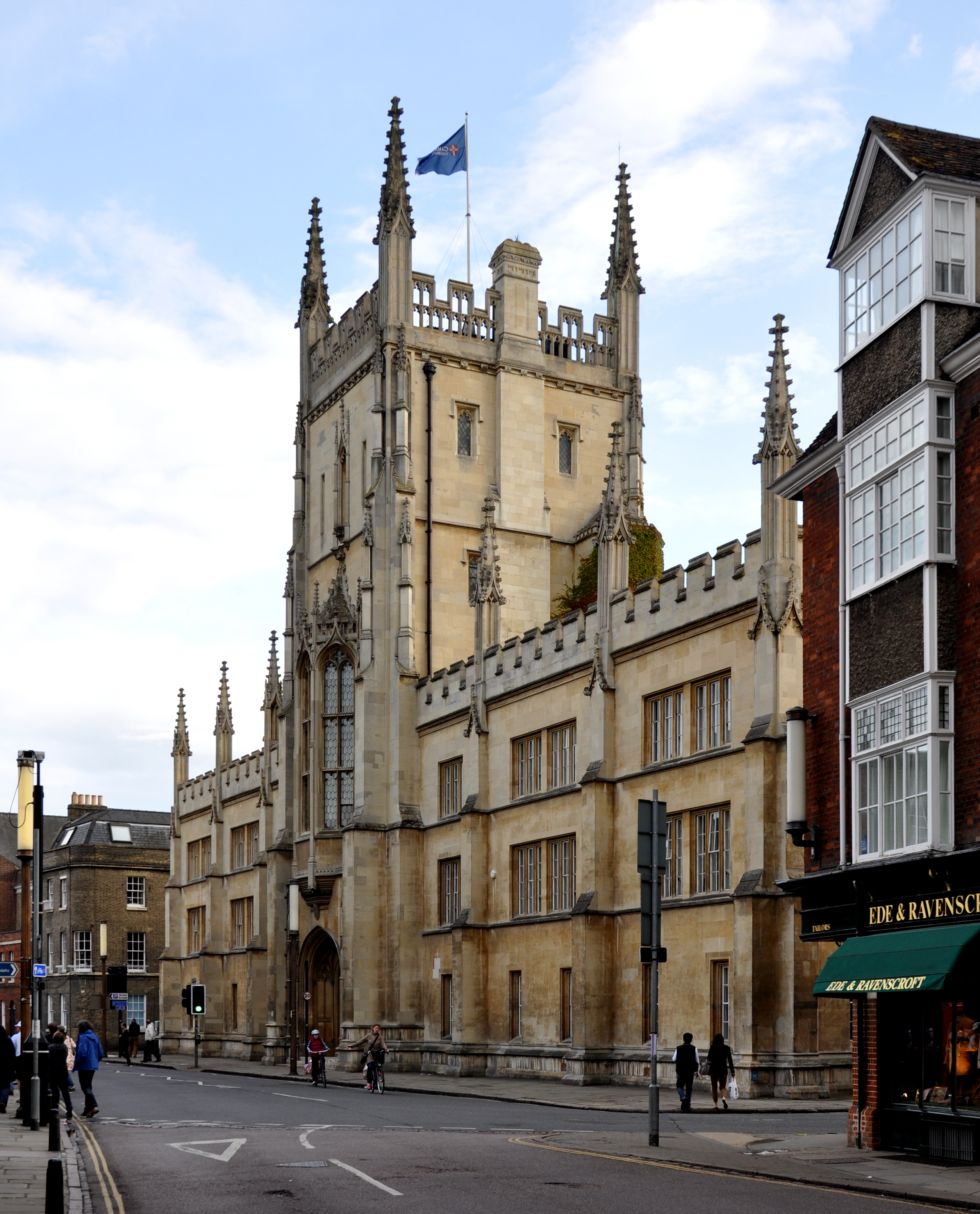|
Imperial Moscow University
Imperial Moscow University was one of the oldest universities of the Russian Empire, established in 1755. It was the first of the twelve imperial universities of the Russian Empire. History of the University Ivan Shuvalov and Mikhail Lomonosov promoted the idea of a university in Moscow, and Elizabeth of Russia, Russian Empress Elizabeth decreed its establishment on . The first lectures were given on . Russians still celebrate 25 January as Tatiana Day, Students' Day. (Foundation of the University is traditionally associated with the feast of Tatiana of Rome, Saint Tatiana, celebrated by the Russian Orthodox Church on 12 January Julian, which corresponds to 25 January Gregorian in the 20th–21st centuries.) The present Moscow State University originally occupied the «Aptekarskij dom» on Red Square from 1755 to 1787. Catherine II of Russia, Catherine the Great transferred the University to a Neoclassicism, Neoclassical building on the other side of Mokhovaya Street; that mai ... [...More Info...] [...Related Items...] OR: [Wikipedia] [Google] [Baidu] |
Ivan Shuvalov
Ivan Ivanovich Shuvalov (russian: link=no, Ива́н Ива́нович Шува́лов; 1 November 172714 November 1797) was called the Maecenas of the Russian Enlightenment and the first Russian Minister of Education. Russia's first theatre, university, and Academy of Arts were instituted with his active participation. Love affair with the Empress He was born in Moscow, the only son of Ivan Menshoi Shuvalov, an army captain who died when the boy was ten, and Tatiana Rodionovna. The Shuvalov family fortunes changed drastically in 1741, when Empress Elizaveta Petrovna ascended to the Russian throne with help from Ivan's powerful cousins Peter Shuvalov and Alexander Shuvalov. The following year, they had the fourteen-year-old Ivan attached to the imperial court as a page. In July 1749, when Ivan was visiting his brother-in-law Prince Galitzine at his country estate near Moscow, the Shuvalov brothers arranged his meeting with the Empress, who was making a pilgrimage to the ... [...More Info...] [...Related Items...] OR: [Wikipedia] [Google] [Baidu] |
Medicine
Medicine is the science and practice of caring for a patient, managing the diagnosis, prognosis, prevention, treatment, palliation of their injury or disease, and promoting their health. Medicine encompasses a variety of health care practices evolved to maintain and restore health by the prevention and treatment of illness. Contemporary medicine applies biomedical sciences, biomedical research, genetics, and medical technology to diagnose, treat, and prevent injury and disease, typically through pharmaceuticals or surgery, but also through therapies as diverse as psychotherapy, external splints and traction, medical devices, biologics, and ionizing radiation, amongst others. Medicine has been practiced since prehistoric times, and for most of this time it was an art (an area of skill and knowledge), frequently having connections to the religious and philosophical beliefs of local culture. For example, a medicine man would apply herbs and say prayers for healing, o ... [...More Info...] [...Related Items...] OR: [Wikipedia] [Google] [Baidu] |
Napoleon
Napoleon Bonaparte ; it, Napoleone Bonaparte, ; co, Napulione Buonaparte. (born Napoleone Buonaparte; 15 August 1769 – 5 May 1821), later known by his regnal name Napoleon I, was a French military commander and political leader who rose to prominence during the French Revolution and led successful campaigns during the Revolutionary Wars. He was the ''de facto'' leader of the French Republic as First Consul from 1799 to 1804, then Emperor of the French from 1804 until 1814 and again in 1815. Napoleon's political and cultural legacy endures to this day, as a highly celebrated and controversial leader. He initiated many liberal reforms that have persisted in society, and is considered one of the greatest military commanders in history. His wars and campaigns are studied by militaries all over the world. Between three and six million civilians and soldiers perished in what became known as the Napoleonic Wars. Napoleon was born on the island of Corsica, not long af ... [...More Info...] [...Related Items...] OR: [Wikipedia] [Google] [Baidu] |
Obstetrics
Obstetrics is the field of study concentrated on pregnancy, childbirth and the postpartum period. As a medical specialty, obstetrics is combined with gynecology under the discipline known as obstetrics and gynecology (OB/GYN), which is a surgical field. Main areas Prenatal care Prenatal care is important in screening for various complications of pregnancy. This includes routine office visits with physical exams and routine lab tests along with telehealth care for women with low-risk pregnancies: Image:Ultrasound_image_of_a_fetus.jpg, 3D ultrasound of fetus (about 14 weeks gestational age) Image:Sucking his thumb and waving.jpg, Fetus at 17 weeks Image:3dultrasound 20 weeks.jpg, Fetus at 20 weeks First trimester Routine tests in the first trimester of pregnancy generally include: * Complete blood count * Blood type ** Rh-negative antenatal patients should receive RhoGAM at 28 weeks to prevent Rh disease. * Indirect Coombs test (AGT) to assess risk of hemolytic dis ... [...More Info...] [...Related Items...] OR: [Wikipedia] [Google] [Baidu] |
Surgery
Surgery ''cheirourgikē'' (composed of χείρ, "hand", and ἔργον, "work"), via la, chirurgiae, meaning "hand work". is a medical specialty that uses operative manual and instrumental techniques on a person to investigate or treat a pathological condition such as a disease or injury, to help improve bodily function, appearance, or to repair unwanted ruptured areas. The act of performing surgery may be called a surgical procedure, operation, or simply "surgery". In this context, the verb "operate" means to perform surgery. The adjective surgical means pertaining to surgery; e.g. surgical instruments or surgical nurse. The person or subject on which the surgery is performed can be a person or an animal. A surgeon is a person who practices surgery and a surgeon's assistant is a person who practices surgical assistance. A surgical team is made up of the surgeon, the surgeon's assistant, an anaesthetist, a circulating nurse and a surgical technologist. Surgery usually spa ... [...More Info...] [...Related Items...] OR: [Wikipedia] [Google] [Baidu] |
Khariton Chebotaryov
Khariton Andreyevich Chebotaryov (russian: Харитон Андреевич Чеботарёв) (1746, Vologda – July 26, 1815, Moscow) was a rector of the Moscow University (1803-1805), state counsellor, and ordinary professor of history, morality, and eloquence. Khariton Chebotaryov was born in Vologda into a poor family. In 1755, he entered a gymnasium under the Moscow University, becoming a university student six years later. Upon his graduation from the university in 1764, Chebotaryov was soon hired by his alma mater as a translator from Latin and German. In 1767, he was transferred to the gymnasium as a teacher of history and geography. In 1773, Khariton Chebotaryov was entrusted with teaching Russian literature, simultaneously doing translations from Latin, German, and French with his students. In 1775, he was appointed deputy librarian (суб-библиотекарь) of the university library (only a professor could hold this post) and editor-in-chief of the ''Moskov ... [...More Info...] [...Related Items...] OR: [Wikipedia] [Google] [Baidu] |
Ministry Of National Education (Russian Empire)
The Ministry of National Education (russian: Министерство народного просвещения Российской империи), also translated as Ministry of National Enlightenment, was a government ministry in the Russian Empire which oversaw science and education. It was in existence from 1802 to 1817 and from 1824 to 1917. From 1817 to 1824, it was part of the Ministry of Religious Affairs and Public Education. Ministers *List of Ministers of National Enlightenment See also * Ministry of Education (Russia) * Ministry of Education (Soviet Union) {{DEFAULTSORT:Ministry Of National Education (Russian Empire) Russia Russia * Education Education is a purposeful activity directed at achieving certain aims, such as transmitting knowledge or fostering skills and character traits. These aims may include the development of understanding, rationality, kindness, and honesty. Va ... 1802 establishments in the Russian Empire 1917 disestablishments in ... [...More Info...] [...Related Items...] OR: [Wikipedia] [Google] [Baidu] |
Governing Senate
The Governing Senate (russian: Правительствующий сенат, Pravitelstvuyushchiy senat) was a legislative, judicial, and executive body of the Russian Emperors, instituted by Peter the Great to replace the Boyar Duma and lasted until the very end of the Russian Empire. It was chaired by the Procurator General, who served as the link between the sovereign and the Senate; he acted, in the emperor's own words, as "the sovereign's eye". Description Originally established only for the time of Peter's absence, it became a permanent body after his return. The number of senators was first set at nine and, in 1712, increased to ten. Any disagreements between the Chief Procurator and the Senate were to be settled by the monarch. Certain other officials and a chancellery were also attached to the Senate. While it underwent many subsequent changes, it became one of the most important institutions of imperial Russia, especially for administration and law. The State Counc ... [...More Info...] [...Related Items...] OR: [Wikipedia] [Google] [Baidu] |
Moskovskie Vedomosti
''Moskovskiye Vedomosti'' ( rus, Моско́вские ве́домости, p=mɐˈskofskʲɪje ˈvʲedəməsʲtʲɪ; ''Moscow News'') was Russia's largest newspaper by circulation before it was overtaken by Saint Petersburg dailies in the mid-19th century. Moscow University (founded in 1755) established the newspaper in 1756. With a circulation of 600, the newspaper was printed by the university press, featuring mainly official announcements and articles by university professors. In 1779, the press was leased to the first Russian journalist, Nikolay Novikov, who reformed the weekly thoroughly, introduced supplements on literature and art, and raised its circulation to 4,000. Novikov edited the ''Moscow News'' until 1789, but his immediate successors continued along the same lines. The university published the newspaper once a week until 1812, twice a week until 1842, thrice a week until 1859 and daily from 1859 until 1909. Mikhail Katkov, the paper's editor in 1850-1855 an ... [...More Info...] [...Related Items...] OR: [Wikipedia] [Google] [Baidu] |
Nikolay Novikov
Nikolay Ivanovich Novikov (russian: Никола́й Ива́нович Новико́в) (, Moscow Governorate – . Moscow Governorate) was a Russian writer and philanthropy, philanthropist most representative of his country's Russian Enlightenment, Enlightenment. Frequently considered to be the first Russian journalist, he aimed at advancing the cultural and educational level of the Russian public. Novikov belonged to the first generation of Russians that benefited from the creation of Moscow University in 1755. He took an active part in the nakaz, Legislative Assembly of 1767, which sought to produce a new code of laws. Inspired by this kind of freethinking activity, he took over editing the ''Moscow News (Imperial Russia), Moscow Gazette'' and launched satirical Magazine, journals, including ''Zhivopisets'', patterned after ''Tatler (1709), The Tatler'' and ''The Spectator''. His attacks on the existing social customs prompted jocund retorts from Catherine the Great, who even ... [...More Info...] [...Related Items...] OR: [Wikipedia] [Google] [Baidu] |
University Press
A university press is an academic publishing house specializing in monographs and scholarly journals. Most are nonprofit organizations and an integral component of a large research university. They publish work that has been reviewed by scholars in the field. They produce mainly academic works but also often have trade books for a lay audience. These trade books also get peer reviewed. Because scholarly books are mostly unprofitable, university presses may also publish textbooks and reference works, which tend to have larger audiences and sell more copies. Most university presses operate at a loss and are subsidized by their owners; others are required to break even. Demand has fallen as library budgets are cut and the online sales of used books undercut the new book market. Many presses are experimenting with electronic publishing. History Cambridge University Press and Oxford University Press are the two oldest and largest university presses in the world. They have scores of ... [...More Info...] [...Related Items...] OR: [Wikipedia] [Google] [Baidu] |





.jpg)


